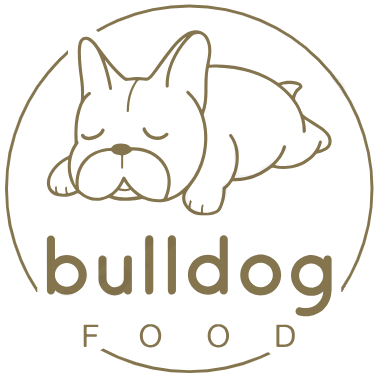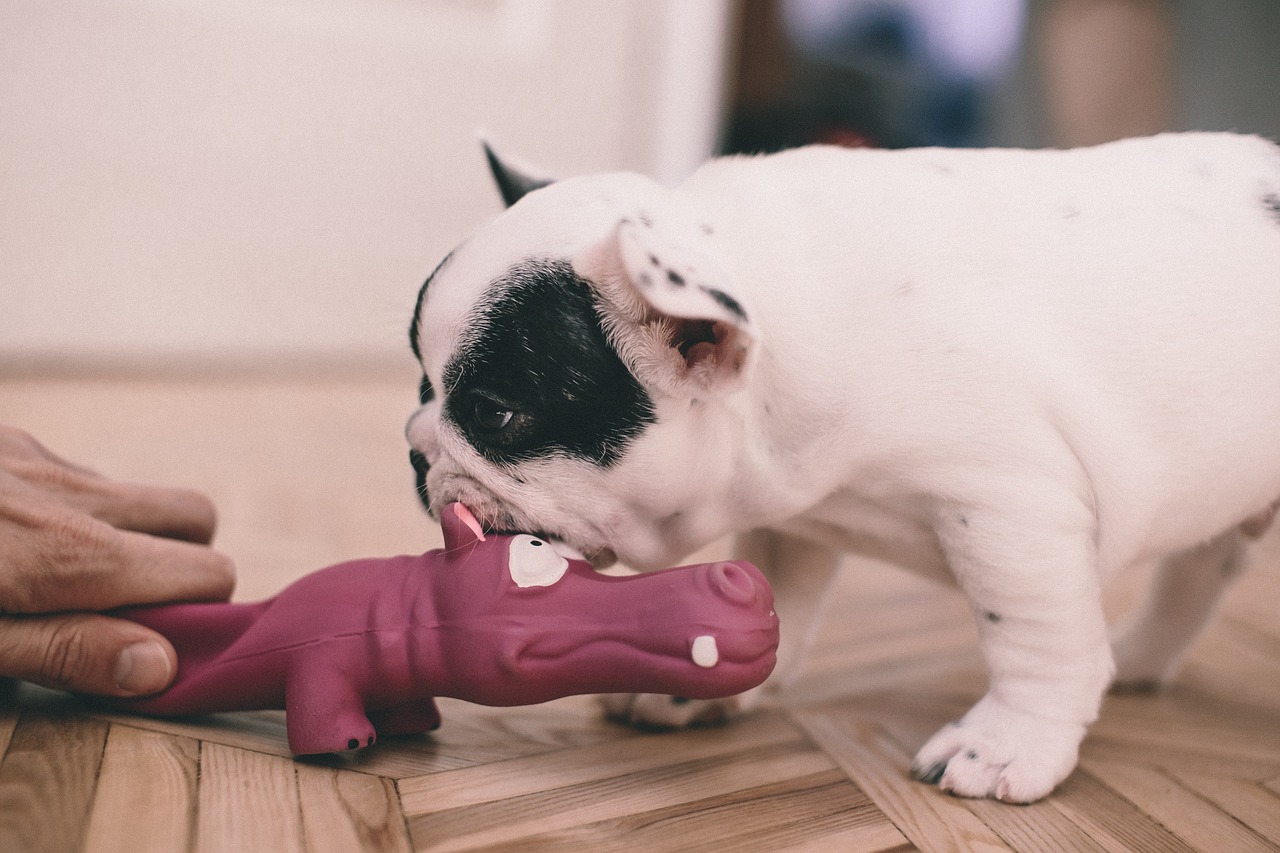Picture this: You’re savoring a tasty snack when you suddenly feel the weight of two adorable bat-like ears and a squishy face resting on your lap. Those big, round eyes gaze up at you, almost pleading, “Mommy, can I have some too?” It’s your French Bulldog, the expert in puppy-dog eyes and heart-stealing antics.
Before you give in to that charming look, listen up! Our wrinkly-faced companions don’t have the strongest stomachs. In fact, this breed is known for having a sensitive digestive system, with a list of foods they should steer clear of that’s longer than their cute little tails. We have discussed the best foods for Frenchies, and now, “What can Frenchie not eat?” is one to consider carefully before sharing any of your treats with them.
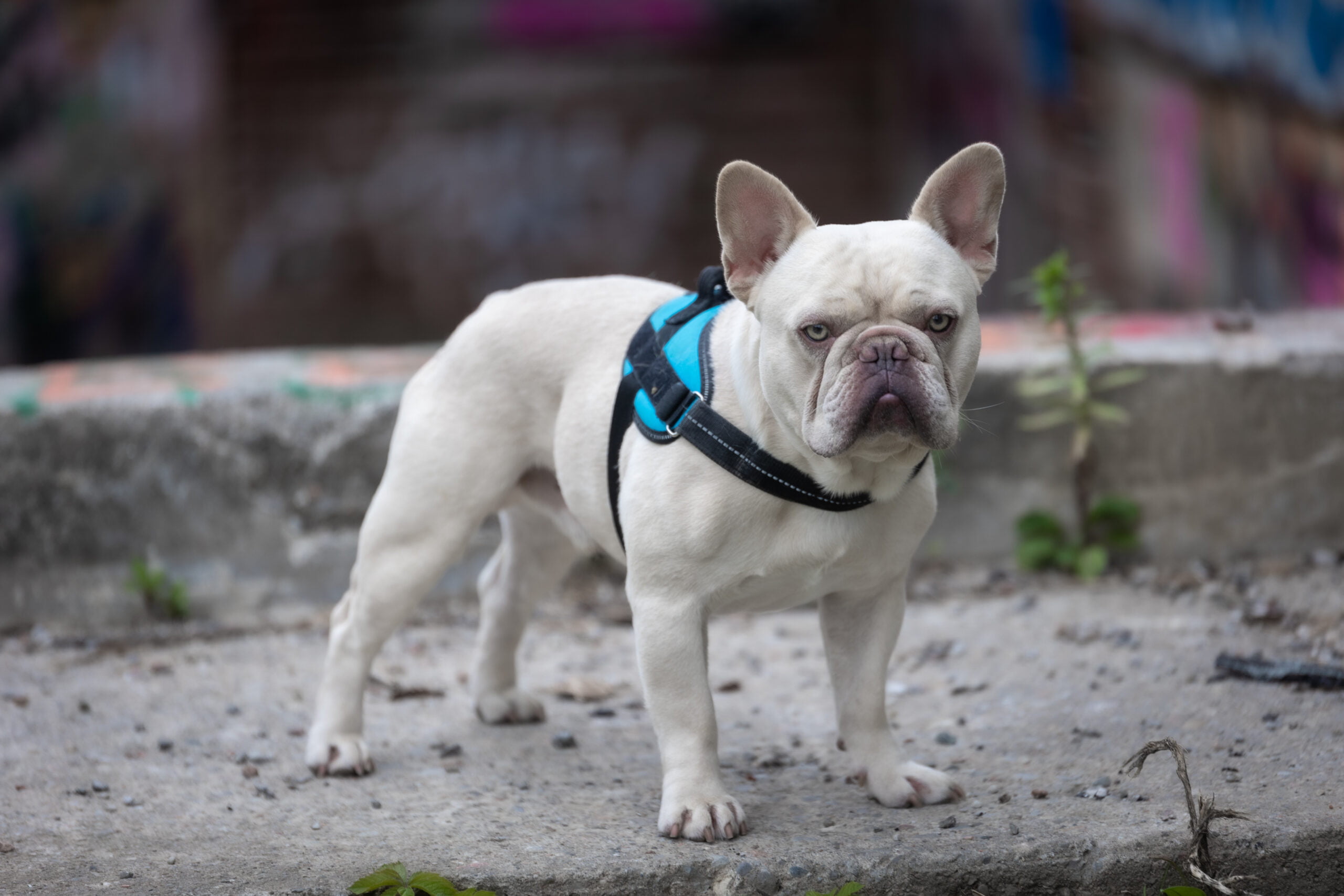
What Can Frenchie Not Eat: A Complete List
Let’s get straight to the point. We’ve spoken with our veterinarians and pet nutritionists to create a comprehensive list of foods that are off-limits for your Frenchie. Some items on this list may surprise you, so be vigilant and protect those treats!
Foods That Are Toxic to French Bulldogs
1. Chocolate
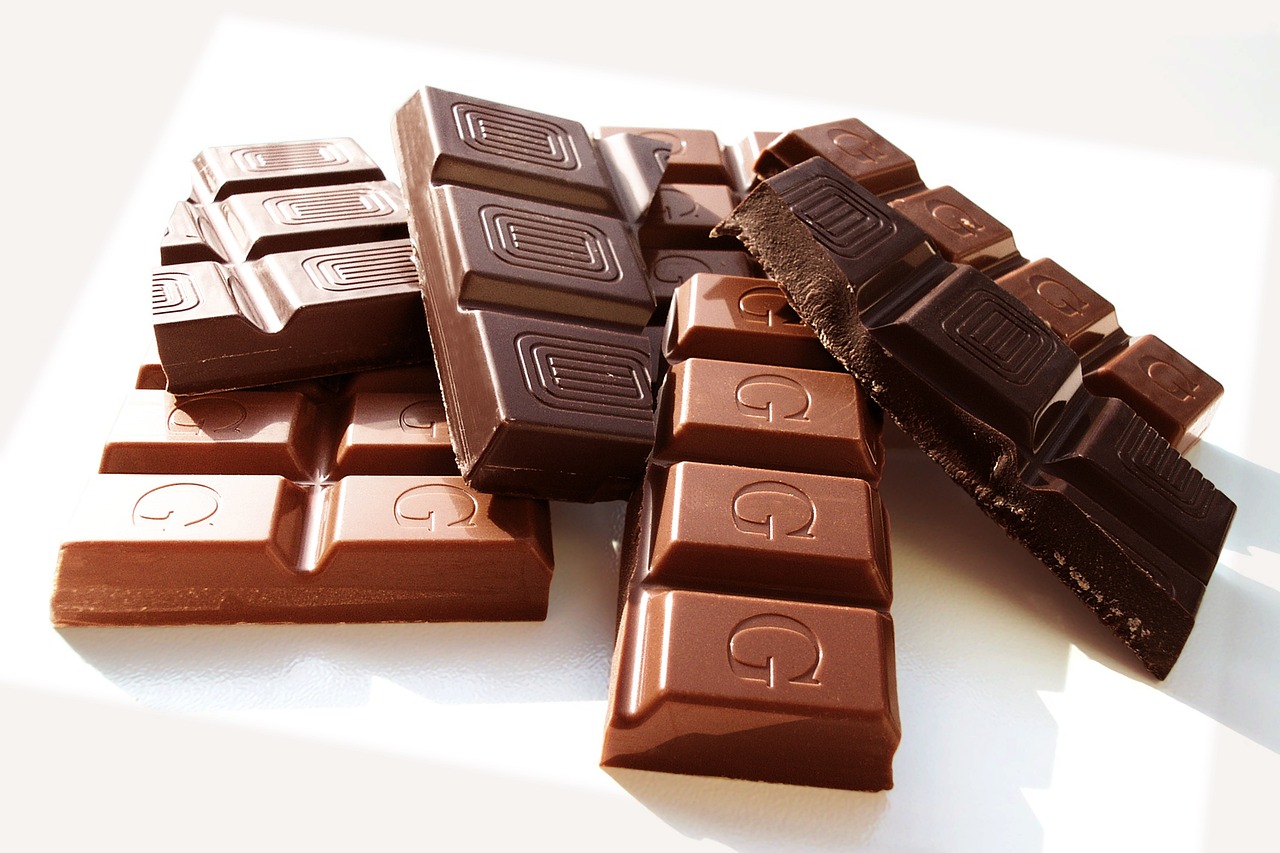
Let’s discuss a major concern – chocolate. You may already know that dogs should avoid chocolate, and this is particularly important for French Bulldogs. But why is that?
Chocolate contains theobromine and caffeine, both of which are harmful to dogs. Due to their smaller size and sensitive digestive systems, our cherished Frenchies are especially at risk for chocolate toxicity. Even a tiny amount can lead to serious health problems, such as:
- Vomiting and diarrhea
- Elevated heart rate
- Seizures
- In extreme cases, heart failure
The darker the chocolate, the more hazardous it becomes. Therefore, while all types of chocolate should be avoided, dark chocolate and baking chocolate are the most dangerous.
2. Grapes and Raisins
These seemingly harmless fruits can be extremely dangerous for your pet. Grapes and raisins have the potential to cause rapid kidney failure in dogs, and the unsettling fact is that we don’t completely understand the reason behind this. Some dogs can consume them without any noticeable problems, while others may experience severe reactions from just a small amount.
Signs of grape or raisin poisoning include:
- Vomiting
- Lethargy
- Stomach pain
- Reduced urine output
Due to the unpredictability and seriousness of the reactions, it’s advisable to keep grapes and raisins away from your French Bulldog.
3. Onions and Garlic
While these aromatic ingredients enhance the taste of our dishes, they can be detrimental to your French Bulldog’s health. Onions, garlic, and other allium family members (such as leeks and chives) have compounds that can harm your dog’s red blood cells, potentially resulting in anemia.
Due to their smaller size, Frenchies are particularly vulnerable to the toxic effects of these foods. Whether consumed raw, cooked, or in powdered form, even a tiny quantity can be dangerous. Be vigilant for signs such as:
- Weakness
- Lethargy
- Pale gums
- Reddish urine
Veterinarians caution that many commercially prepared foods (like certain baby foods or broths) may include onion or garlic powder. Always verify the ingredient list before giving your pet any of these products!
4. Xylitol
This artificial sweetener is becoming more prevalent in sugar-free items, and it poses a significant threat to dogs. Xylitol can lead to a swift decrease in blood sugar levels and may result in liver failure in dogs, with symptoms appearing as soon as 30 minutes after consumption.
Items that may contain xylitol include:
- Sugar-free gum and candies
- Certain brands of peanut butter
- Some baked goods
- Various oral care products
At home, we always carefully examine labels, particularly on sugar-free items, before giving any human food to our Frenchie.
5. Avocado
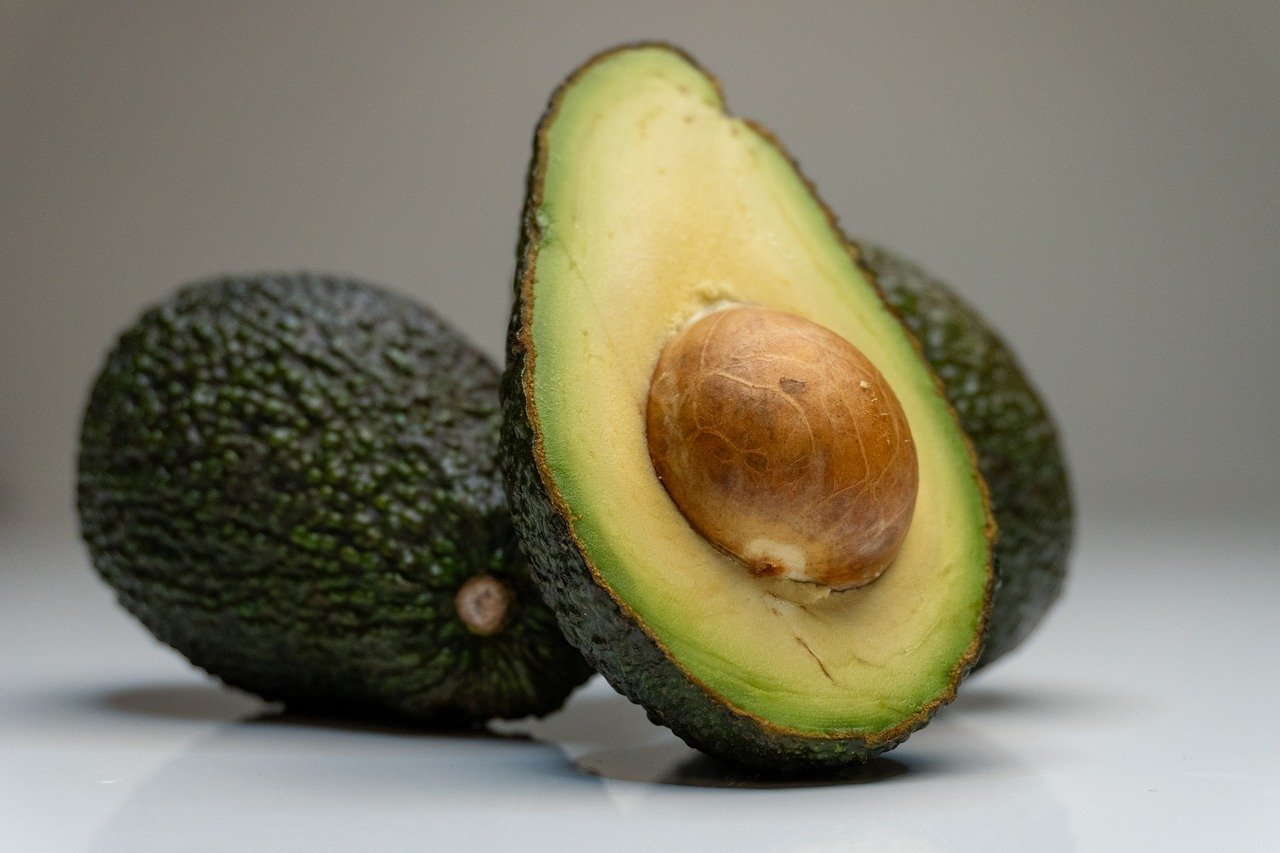
Although avocado toast may be your go-to breakfast, it’s important to keep it away from your French Bulldog. Avocados contain persin, a toxic substance that can lead to vomiting and diarrhea in dogs. While larger breeds might tolerate small amounts, it’s safer to avoid giving any to your Frenchie.
The highest levels of persin are found in the leaves, bark, and pit of the avocado plant, but it is also present in the fruit’s flesh. Additionally, the large pit can pose a choking risk!
Foods That Can Cause Digestive Issues in French Bulldogs
Although they may not be outright harmful, some foods can disturb your Frenchie’s sensitive digestive system or lead to other health problems. Let’s take a look at a few of these:
1. Dairy Products
A tiny taste of ice cream may not pose an immediate risk, but frequent intake of dairy can result in digestive problems for French Bulldogs, including:
- Gas
- Bloating
- Diarrhea
- Vomiting
If you’re considering a creamy snack for your Frenchie, opt for dog-friendly, lactose-free alternatives.
2. Fatty Foods
French Bulldogs are susceptible to becoming overweight, which can worsen their breathing issues and increase stress on their joints. Therefore, it’s important to steer clear of high-fat foods such as bacon, fried items, and fatty meats. These foods may also trigger pancreatitis, a painful inflammation of the pancreas. Signs of pancreatitis include:
- Vomiting
- Stomach pain
- Decreased appetite
- Fatigue
3. Salty Snacks
Although your French Bulldog may look at you with pleading eyes while you’re enjoying potato chips, it’s wise to avoid sharing. Too much salt can cause heightened thirst and urination, and in serious instances, it may result in sodium ion poisoning. Be alert for signs such as:
- Vomiting
- Diarrhea
- Tremors
- Increased body temperature
- Seizures
4. Raw or Undercooked Meat
Raw diets for dogs have become increasingly popular in recent years, but they may not be suitable for all French Bulldogs. Raw or undercooked meat and eggs can harbor harmful bacteria such as Salmonella or E. coli, posing risks to your pet’s health. Additionally, raw eggs contain an enzyme that could cause skin and coat issues.
If you decide to feed your French Bulldog a raw diet, it’s essential to adhere to strict hygiene and food safety practices. Veterinarians recommend freezing raw meats for at least three weeks prior to feeding to minimize the risk of parasites. It is advisable to completely avoid raw diets for puppies, senior dogs, or Frenchies with weakened immune systems, as they are more susceptible to foodborne illnesses.
5. Macadamia Nuts
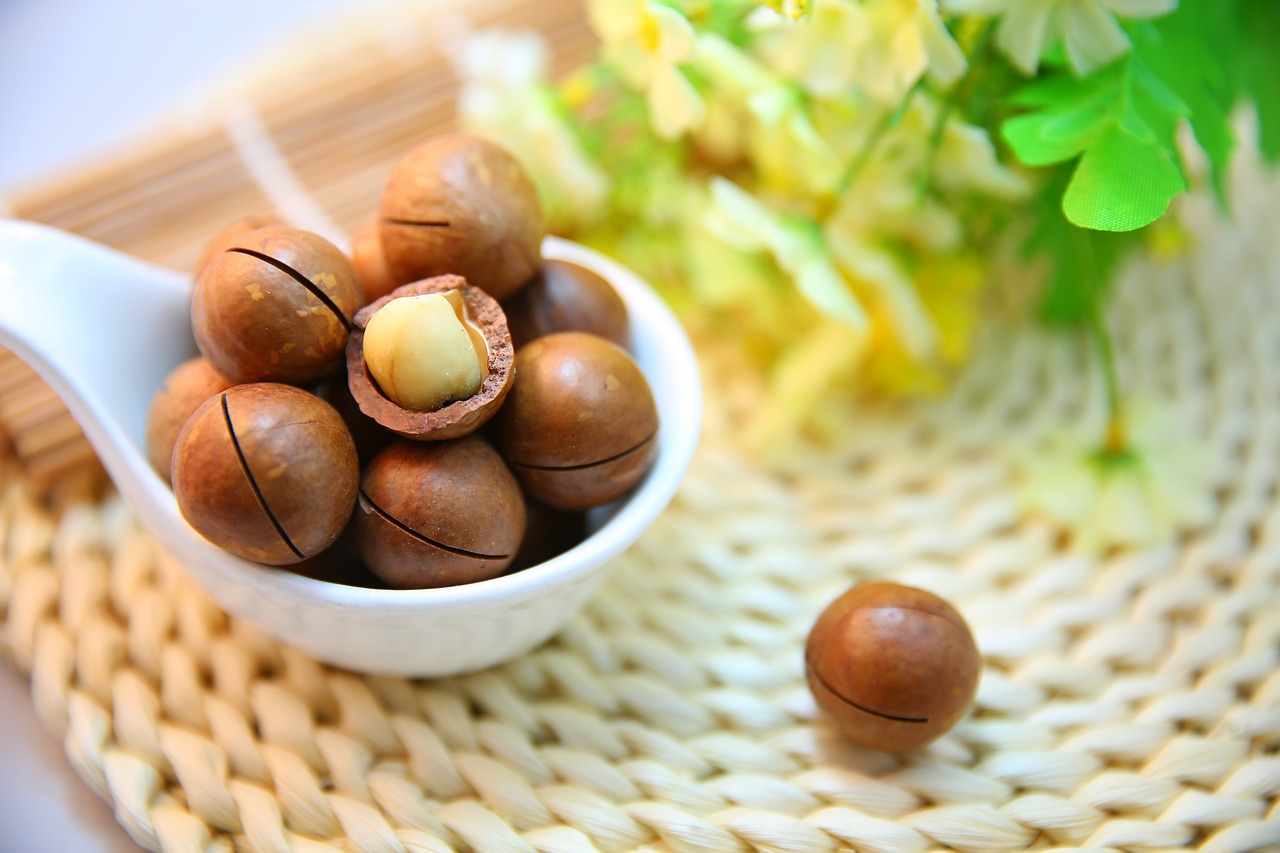
These nuts can lead to weakness, depression, vomiting, elevated body temperature, and potentially low blood sugar in dogs. The precise reason for this isn’t clear, but even a small quantity can make a dog sick. Symptoms typically emerge within 12 hours of consumption and may persist for as long as 48 hours.
Tips for Keeping Your French Bulldog Safe
Having discussed the Frenchie-forbidden foods, let’s move on to how to protect your lovable bat-pig from food poisoning. Our team has consistently adhered to these practices, which have shown to be highly effective:
Keep Harmful Foods Out of Reach
Similar to making a home safe for children, it’s important to dog-proof your kitchen and dining spaces for your Frenchie. Keep chocolate, grapes, and other harmful foods in places that are out of reach from your inquisitive pup.
We suggest utilizing high cabinets or pantry doors equipped with childproof locks. While French Bulldogs may not be able to jump very high, they can be quite clever when tempted by the allure of a delicious treat!
Educate Family Members and Guests
Ensuring your Frenchie’s safety requires teamwork! Make sure everyone in your home is aware of which foods are prohibited for your pet. Compile a straightforward list of foods that are not safe for Frenchies and place it on the fridge. When visitors arrive, provide them with a brief overview of the guidelines.
It may feel excessive, but it’s wiser to be cautious than regretful. Additionally, it’s a perfect chance to showcase your knowledge about Frenchies!
Read Labels Carefully
Numerous packaged foods have concealed ingredients that may be detrimental to your Frenchie. For instance, xylitol can be found in surprising items such as certain peanut butter brands or sugar-free products.
Therefore, make it a routine to check ingredient lists, particularly for any foods you think about sharing with your dog. It may require some additional time, but your pet’s health is definitely worth the effort!
Keep Trash Secure
For a dog, the trash can resembles a treasure trove filled with enticing scents and possibly delicious (yet hazardous) scraps. To keep your Frenchie from digging through harmful food waste, opt for a dog-proof trash can that has a secure lid.
If your existing trash can isn’t safe for your Frenchie, think about storing it in a locked cabinet or in a room that your dog cannot enter.
Use Positive Reinforcement Training
Dedicate time to instructing your French Bulldog on vital safety commands such as “leave it” and “drop it.” These commands can be crucial in protecting your inquisitive dog from dangerous situations.
The American Kennel Club suggests employing positive reinforcement methods, which consist of rewarding good behaviors with treats, praise, or playtime. Begin training in a distraction-free setting and progressively introduce more challenges. Utilize safe, Frenchie-friendly treats to enhance the enjoyment and effectiveness of the training process.
Know the Signs of Poisoning

Recognizing when something is off can be crucial for your Frenchie’s well-being. Learn to identify signs such as vomiting, diarrhea, fatigue, lack of appetite, excessive drooling, or any strange behavior.
If you think your Frenchie may have ingested something harmful, don’t wait for symptoms to show up—reach out to your veterinarian right away. Acting quickly is often vital in these cases.
Have Emergency Contacts Handy
In an emergency, it’s crucial to have important phone numbers readily available. Make sure you can easily access your veterinarian’s number and the contact for a pet poison control hotline.
One helpful practice we follow at home is creating a pet emergency contact list and placing it on our fridge. This list should include your regular vet, an after-hours emergency veterinary clinic, and the ASPCA Animal Poison Control Center (1-888-426-4435).
Wrapping Up
Ensuring the safety and health of your French Bulldog is a big responsibility, but it’s entirely manageable with the right knowledge. By understanding what Frenchie cannot eat and why certain foods are harmful, you can create a safe environment for your furry friend to thrive. Always err on the side of caution when in doubt. If you’re unsure whether a particular food is safe, it’s best to avoid it and stick to their regular high-quality dog food and vet-recommended treats!

As an experienced dog foster and canine advocate, I have a special place in my heart for French Bulldogs. Their charming personalities and unique needs sparked my interest, leading me to specialize in Frenchie care. I’ve fostered over 200 Frenchies over the year, gaining deep insights into their dietary requirements and health concerns. This expertise drives my contributions to bestfoodforfrenchbulldog.dog, where I share practical advice on nutrition, care, and enrichment for these lovable flat-faced pups.
My articles aim to educate Frenchie owners on optimal feeding practices and health management. When not writing or fostering, I’m often cuddling with my own Frenchie, Biscuit, my inspiration for helping others care for this delightful breed.
